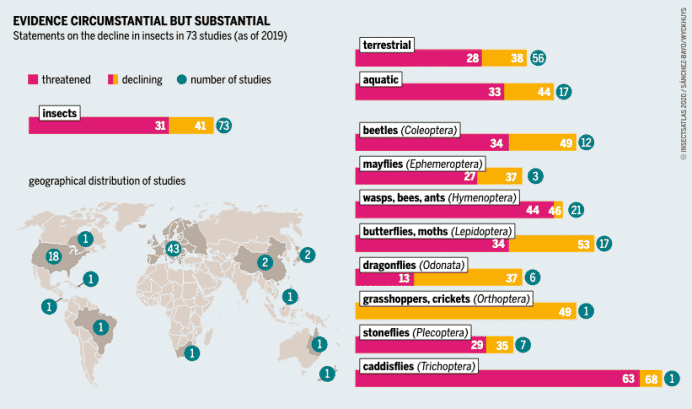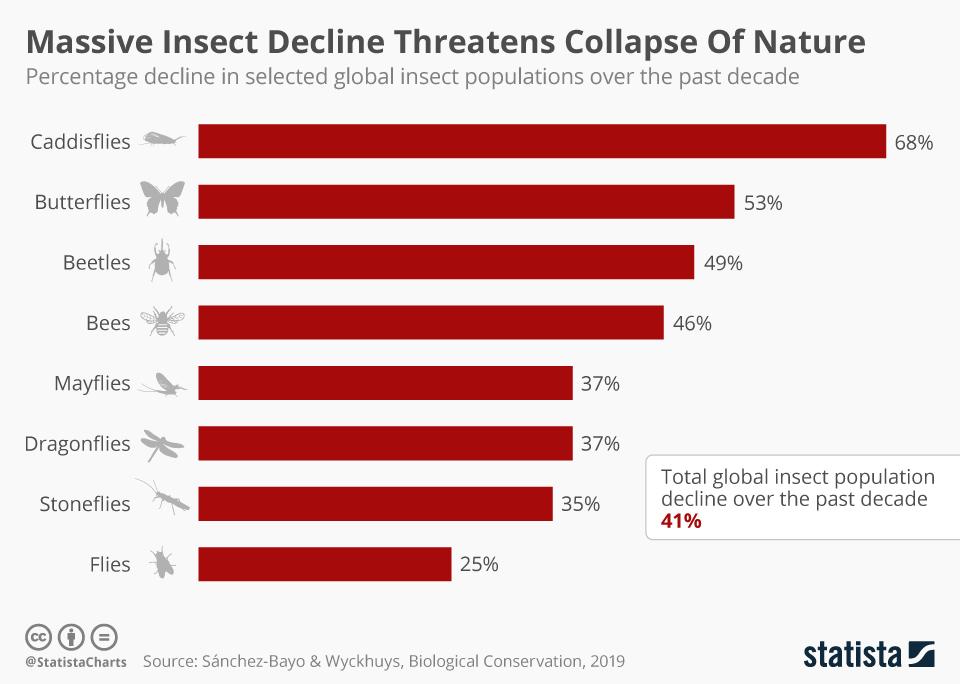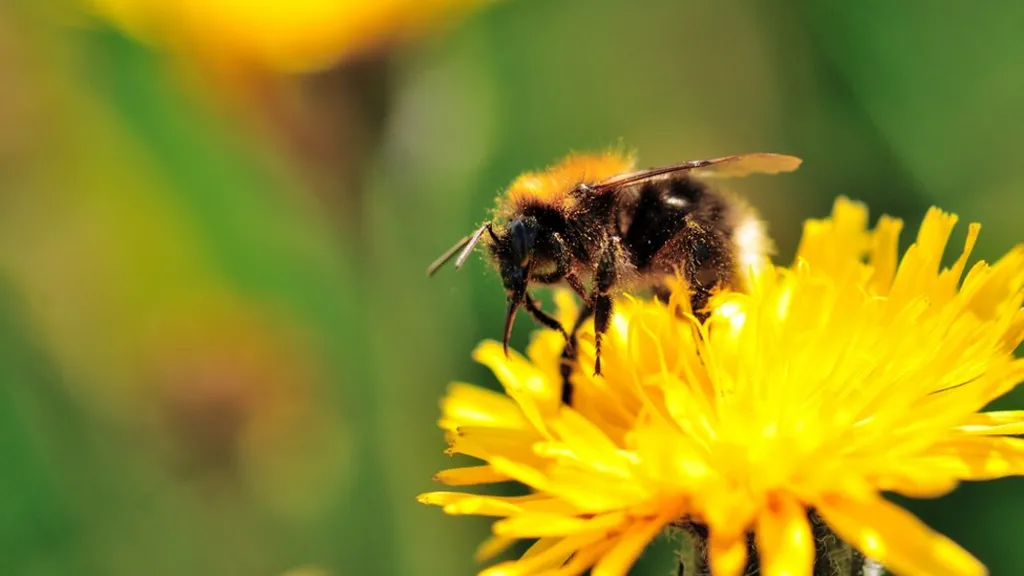The Unsung Heroes of Our Ecosystems
1. Pollination Powerhouses
Insects like bees, butterflies, and beetles are primary pollinators for many plants, including those that produce fruits, vegetables, and nuts. Pollination is essential for plant reproduction and, consequently, for the food supply of countless species, including humans.
2. Natural Pest Controllers
Predatory insects such as ladybugs and praying mantises help regulate populations of agricultural pests, reducing the need for chemical pesticides and promoting healthier crop yields.
3. Decomposition and Nutrient Recycling
Insects like dung beetles and certain fly species break down organic matter, returning nutrients to the soil and facilitating plant growth. This decomposition process is vital for ecosystem productivity and soil health.
4. Soil Aeration and Fertility
Burrowing insects, including ants and beetles, aerate the soil, enhancing water infiltration and root development. Their activities contribute to soil structure and fertility, benefiting plant life.
5. Integral to Food Webs
Insects serve as a primary food source for many animals, including birds, amphibians, and mammals. Their abundance and diversity support the survival of numerous species, maintaining ecological balance.

The Case Against Killing Insects
While some insects can pose challenges, indiscriminate killing disrupts ecological harmony. Many insects considered pests are actually beneficial, and their elimination can lead to unintended consequences, such as pest outbreaks or the decline of pollinator populations.
Moreover, the widespread use of chemical pesticides has been linked to declines in insect biodiversity, threatening the services they provide and the overall health of ecosystems.
Embracing Harmless Human Protection
Recognizing the importance of insects, it’s imperative to adopt methods that protect humans from harmful insect interactions without causing ecological damage. Innovative solutions focus on deterrence rather than extermination, ensuring safety while preserving insect populations.
For instance, certain products utilize natural repellents and physical barriers to prevent insect bites and infestations. These methods offer effective protection for humans while minimizing harm to insects and the environment.

Insects are vital to the functioning of our ecosystems and the well-being of our planet. By understanding their roles and choosing humane, eco-friendly methods to manage our interactions with them, we can ensure a balanced coexistence that benefits all forms of life.
References:
https://www.bbc.com/news/science-environment-47698294
pollination.education/are-dragonflies-pollinator
https://www.countryside-jobs.com/article/2020-04-06-no-insectinction

